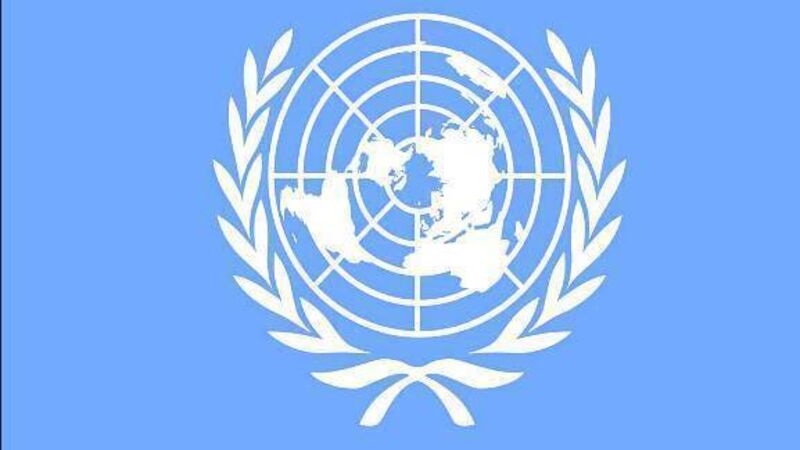Climate change focus switches to world's big guns

UN climate negotiators ended another round of talks today frustrated again at failing to reach the heart of an agreement.
Later this month, the spotlight shifts from unwieldy negotiations involving nearly every country on earth to the world’s 17 most powerful economies.














